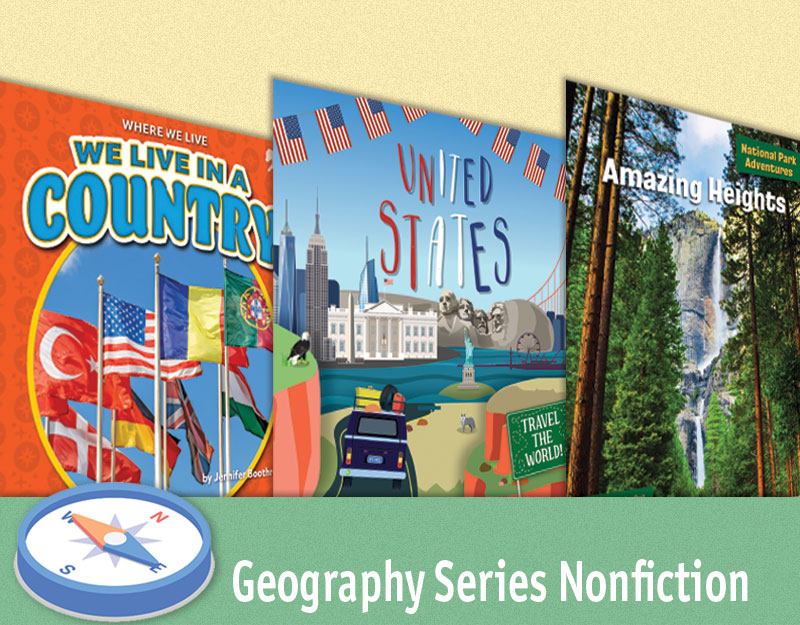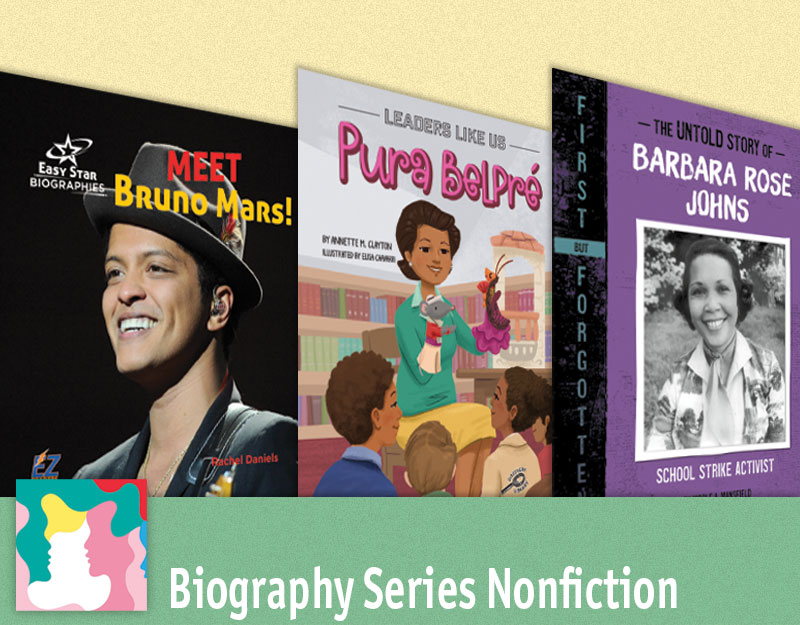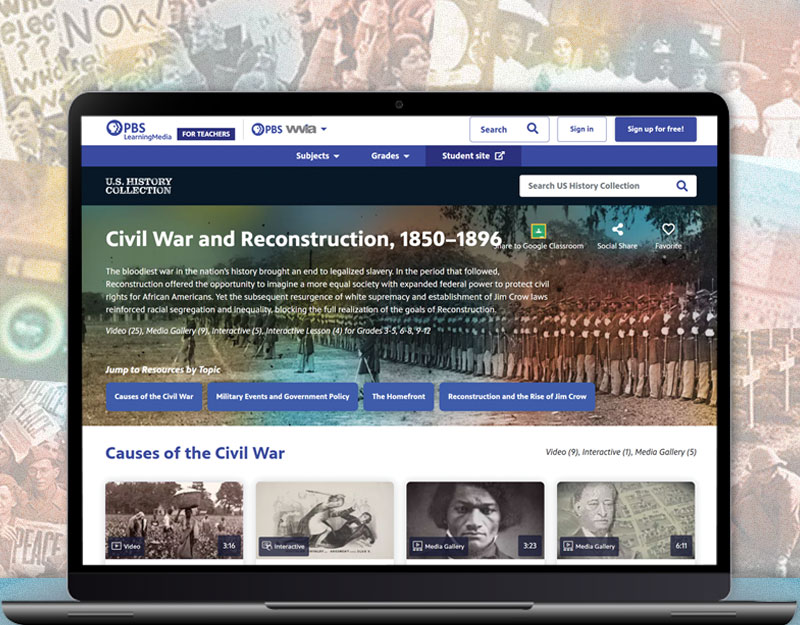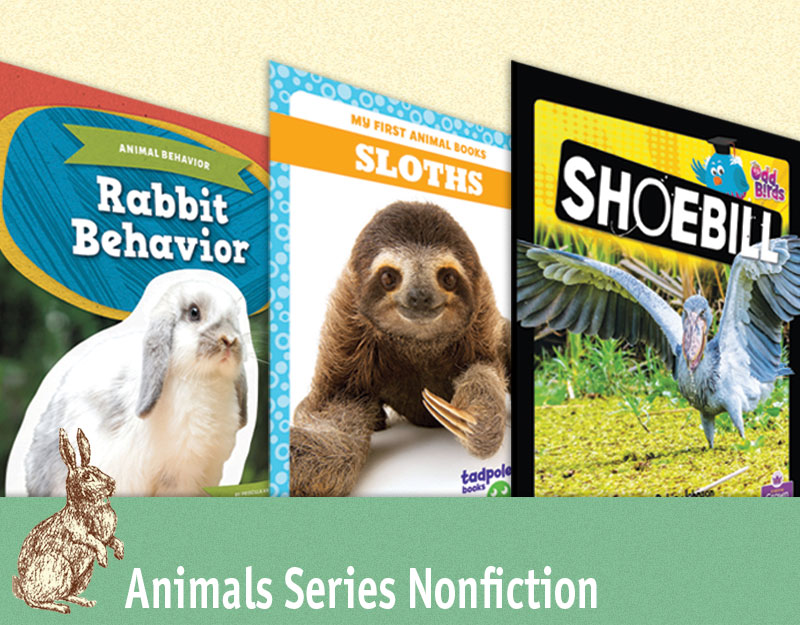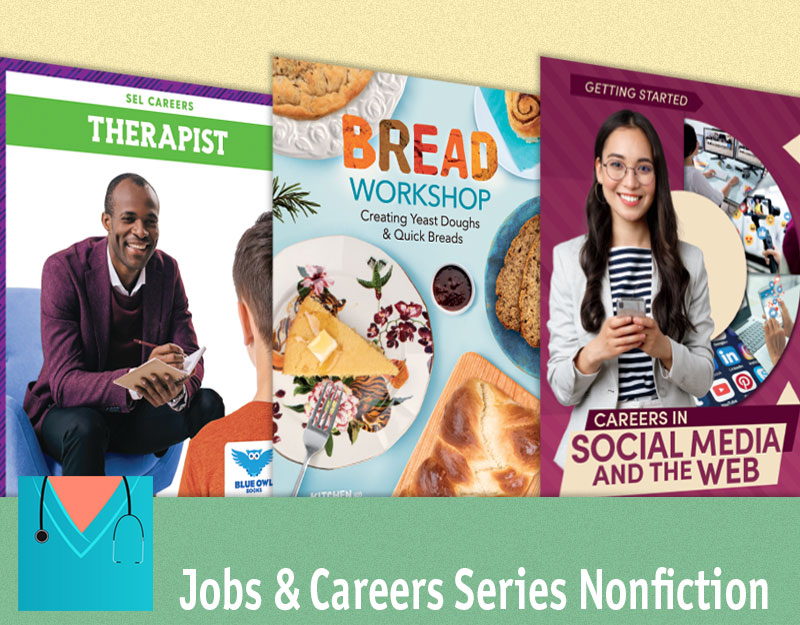Bootalk It! Developing a Booktalk Program to Network with Area Schools
 What does every librarian love? A captive audience! You want to get into your schools, into the classrooms, and develop relationships with your teachers. One of the best ways to do this is to develop a booktalking program.
What does every librarian love? A captive audience! You want to get into your schools, into the classrooms, and develop relationships with your teachers. One of the best ways to do this is to develop a booktalking program.
In its most basic description, a booktalk is a short introduction – think commercial or movie trailer – for a book. What you want to do is give just enough information about a book to tantalize teens and then leave them salivating for more! If you have done a booktalk properly your audience will be on the edge of their seat asking, “what happens next?” And your answer is always, “you have to read the book to find out!”
ADVERTISEMENT
ADVERTISEMENT
Stop here and make sure you know some booktalking basics:
And don’t forget to look at the booktalking research:
I created this brochure over the years based upon my own MLS final project which focused on booktalking. In addition, I gathered feedback from students and teachers over the years to help me sell the program. Always remember to save positive feedback to use in future marketing materials. I have always found that teachers and students both respond favorably to booktalks and their feedback helps me sell the program.
Your basic selling points are this: Teens find that reading is more enjoyable and are more likely to finish a book if it is a book they select for themselves, booktalks introduce teens to a wide variety of books and allow them to make those successful choices, and booktalks increase reading pleasure.
Booktalks = more reading success, more reading variety, and more reading enjoyment!
Plus, it will help move items in your library. Thus, booktalks = increased circulation.
Wait until the second or third week of school and send a letter of introduction and brochure to each Language Arts/English teacher and each school librarian. Ask the school principals if you can have a few moments to speak at a teacher in service day and give some example booktalks. Do everything you can to get your foot in the door, then wow them.
2. Creating a Package
Start out by creating for yourself a basic building block of say 20 booktalks of the best teen books that will reach the greatest audience. Be sure to write your booktalks, practice them, and keep them readily available. As you read a book, create an electronic file (or an old fashioned index card if you would like) that gives a basic description of the book, the appropriate audience, and a “hook” for that book. What is it that will help you sell this book to teens? You want to include a wide variety of books and talking styles, including some Booktalk 2.0 styles (included below in Tech It Up).
Some basic booktalk rules to follow:
- Read the book
- Like the book
- Write the right booktalk for that book
- Practice makes perfect
- You’re a librarian, you can always borrow!
3. Play to Your Strengths
Honestly, I am not a funny person (well, not intentionally any way). I can never even remember the punch line to a joke. So I don’t try to do funny booktalks. Teens would see right away that I am out of my element. In order to sell a book, you have to be authentic. Don’t try and sell a book you hate. Don’t try and sell a book you know nothing about (really, you should read it). And don’t try to be something that you’re not. You want the teens to trust you because you are trying to get them to do something . . . so be authentic. Trust is vital.
However, you need to be able to employ a wide variety of styles. Booktalking expert Joni Bodart discusses the different types of booktalks as being character based, mood based, plot summary, or anecdotal. Find out what motivates the story, and then figure out your hook. From there, you can engage in a wide variety of booktalking styles and techniques. There are other places that cover that topic well. You need to know these names Joni Bodart (check out her books), Nancy Keane and Naomi Bates. They will help you develop the tools you need to be a successful booktalker.
4. Get Your Audience Involved
Remember, in the ideal scenario you will go to a teacher’s class and booktalk to each and every period. This means that you can be entertaining each class for anywhere from 15 minutes up until the entire period, depending on what you and the teacher agree upon. So you want to make it fun for the teens – get them involved.
Take a portion of the book and make it into a short reader’s theater.
Create a short news show or interview that ties into a book.
Believe it or not, a lot of the same techniques your children’s librarian employs for story hour can also be successfully used in a fun, interactive booktalk. So make cards with words on them and ask teens to yell them out every time the you show them the card. Ask teens to sing, dance, act, and get involved. It doesn’t have to be you standing up in front of them.
5. Tech it Up (Booktalks 2.0)


Check out the August 2011 edition of VOYA, it has a good article on alternatives to the traditional slide show. Scholastic also has some video booktalks you can use. Multnomah County Libraries have a variety of Podcasts available online. There are a lot of great tech options out there to tech up your booktalks.
6. No Really, Get Teens Involved
Teachers are always looking for creative ways to help students explore literature and share what they have read, so get the students writing their own booktalks and creating their own book trailers. You can share what they do in the classroom in a wide variety of ways in your library with the proper permissions and platforms, such as on a web page or social media page or display screens in your teen area.
7. Make Their Trip to the Library Successful
ADVERTISEMENT
ADVERTISEMENT
I have always been amazed when visiting the classroom how students will write down titles and come up and ask you about them. If you can, find a way to check titles out to the students at the end of the day. I have written down book barcodes and library card numbers and gone back to the library and checked them out. But what if the teen doesn’t have a library card yet? Chances are, they are going to come in to the library and ask about the book – but they won’t remember much. So you need to make sure all public service staff know not only that you visited a school and booktalked, but what you booktalked. Make sure all staff have a list of the books, a copy of the cover so they can know what it looked like, and a general book description (or a copy of the actual booktalk). You can do this electronically or in print, or both. Then, when a teen comes in and says, “this lady came to our library today and talked about this book set in the future where everyone has a job given to them”, the staff member can pull out the list and determine that it is The Giver by Lois Lowry. Teens are satisfied, co-workers feel informed and everyone walks away having a successful library interaction. That is always our number 1 goal.
Also, if you make slides you can print them out and put them on display in your teen area. And if the books are in you can put them on display. Whatever you do, you want to make sure they can check out the book (buy multiple copies!) or put them on hold. There is nothing worse then coming into the library to ask for a book and there is no one there who knows what you are talking about.
Also, don’t forget your school librarians! Take the information to them and introduce yourself. Chances are some of the students will go looking for the books at their school library, so help the school librarian find them there if the school owns them. We want teens to have successful library experiences, whether it be your public library or their school library.
It Only Takes 1!
If you deal your cards correctly, you can establish a good repeat customer relationship with at least one teacher – and if you visit one teacher’s class room every month for 6 or 7 periods, well that is a lot of booktalks. At one library I worked at I visited one particular teacher’s classroom every month for 5 years. The great thing about this is that after a year, you have a really good backlog of booktalks to draw from the next year. All you have to do is add the new books that you read. And that teacher, she could be counted on to spread the word to other teachers who would occasionally take me up on my offer. Best of all, it was amazing getting to know those students throughout the high school years.
So good luck to you as this new school year starts. Now get booktalking!
Filed under: Booktalking, Networking, Outreach, Reader's Advisory, Schools, Teachers
About Karen Jensen, MLS
Karen Jensen has been a Teen Services Librarian for almost 30 years. She created TLT in 2011 and is the co-editor of The Whole Library Handbook: Teen Services with Heather Booth (ALA Editions, 2014).
ADVERTISEMENT
ADVERTISEMENT
SLJ Blog Network
The Moral Dilemma of THE MONSTER AT THE END OF THIS BOOK
Cover Reveal and Q&A: The One and Only Googoosh with Azadeh Westergaard
K is in Trouble | Review
Fighting Public School Book Bans with the Civil Rights Act
ADVERTISEMENT









